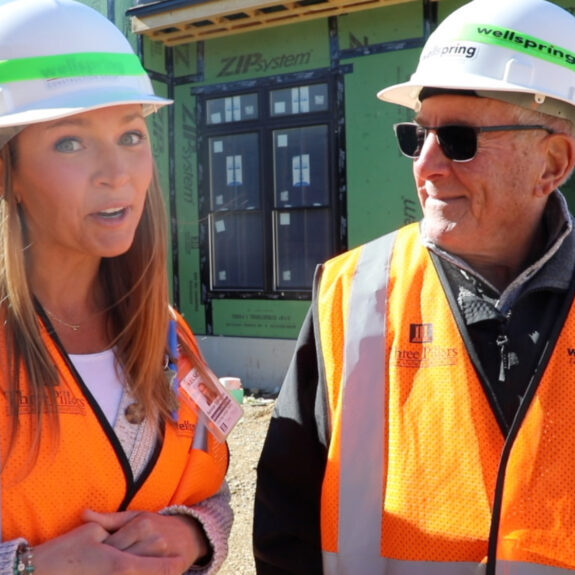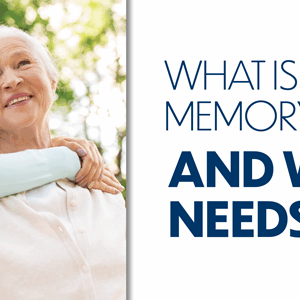Preparing Your Home for a Loved One with Alzheimer’s Disease
4 simple solutions to enhance comfort and wellbeing
This guest post was contributed by Jim Vogel* of Elder Action.
Alzheimer’s disease affects over 5 million Americans and their families, and for those loved ones, it can be difficult to figure out the best ways to be of help. Many families make the decision to take their loved one into their home to help them and make sure they’re well cared for, but this can be overwhelming for some. Difficulties and stressors can add up, and many soon realize they need to make repairs or renovations to their home to make it safe and comfortable for the individual.
There are many small things to consider when it’s time to move a loved one in, so the best thing to do is walk through the home and try to see it through the eyes of a person with Alzheimer’s disease. Many people with the disease suffer from memory loss, issues with balance, and poor judgment, so it’s important to look for potential hazards and dangerous items that could cause problems. Here are a few of the best tips on getting your home prepared for a loved one who experiences Alzheimer’s.
1. Check walkways

Because many people living with Alzheimer’s have balance issues, it’s important to look for potential hazards in walkways and keep them clear. The living areas and hallways should be free of clutter and well-lit; you can install night lights or small, inexpensive wall sconces to ensure stairwells and other paths are easy to see and navigate.
You can also use child locks on cabinets to ensure your loved one stays safe in the bathroom and kitchen areas.
2. Use Motion Sensors

Many people with Alzheimer’s suffer from memory issues, and this can lead to wandering if they become confused. It’s a good idea to install locks high up on doors to a garage, shed, or rooms with tools or weapons. You can also install motion sensor alarms on the front and back doors so you’ll always know who is coming and going. This is especially important if you have a pool in the backyard or if you live on a busy street.
3. Help your loved one have some functionality
It’s important for your loved one’s sense of self to help them be better enabled to do things on their own. You can achieve this by labeling things around the home that are used every day and using pictures to help them find rooms, such as posting a photo of a toilet and sink on the bathroom door. Keep in mind that reading words might cause confusion for your loved one.
4. Get social

It’s important for someone who experiences Alzheimer’s to be social and have a strong support system, and it’s also important for them to see people who live outside the home. If your family members are scattered around the country, consider setting up Skype or an app on your smartphone or computer that will allow them to see other loved ones.
Talk to your loved one’s doctor about other ways you can make sure your home enhances their comfort and wellbeing. Remember to look at your home the way a young child might see it and remove any hazards. In some cases, some remodeling might be in order, but this can get very expensive, and there are things you can do for little to no cost that can have a big impact on their wellbeing.
Editor’s Note:
Additional resources and support networks available in the Waukesha County Community:
- Alzheimer’s Association | Southeastern Wisconsin Chapter
- Aging and Disability Resource Center of Waukesha County (ADRC)
- Wisconsin Department of Health & Human Services Long Term Care Support Resources
- Consumer Guide to Choosing Health and Residential Care Providers in Wisconsin (Wisconsin Department of Health & Human Services)
- Consumer Guide to Finding Home Health Care in Wisconsin (Wisconsin Department of Health & Human Services)
*Jim Vogel and his wife Caroline are the duo behind ElderAction.org. About five years ago, they returned to their hometown of Raleigh, NC, to care for their ailing parents, having no idea how much they’d learn about the modern senior condition. Since that first year of their return, they’ve been doing their best to fight for senior mental health and support. Their goal is to highlight ways in which we can give seniors support, and to encourage our country to stop passing over the elderly. We will each be “the elderly” someday, so do we treat seniors the way we’d like to be treated?




